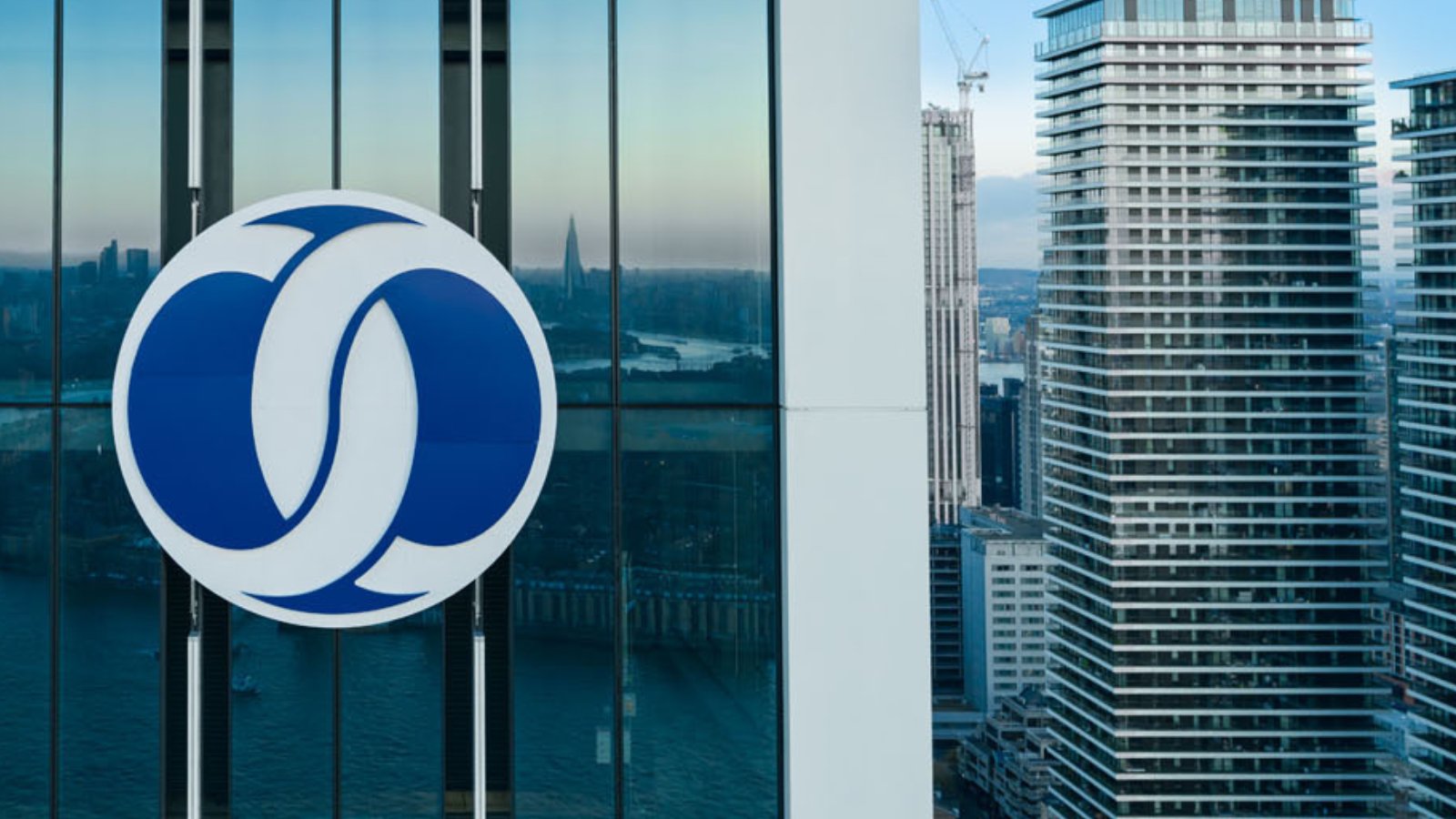Egypt's structural reforms and progress praised by EBRD in transitional report

Cairo – January 15, 2024: In its annual transitional report for the current fiscal year titled “Transitions Big and Small,” the European Bank for Reconstruction and Development (EBRD) applauded Egypt’s efforts in applying structural reforms that are “essential for growth and investment”.
The report highlighted measures taken to improve private sector participation in the economy, boost its green economy transition, and the central bank’s work towards financial efficiency and inclusion.
Acknowledging the country’s efforts in strengthening the business climate and competition, the EBRD suggested two key priorities to maintain this momentum in the short term; progressing the state’s privatization program and pushing forward with reforms to boost competitive neutrality.
The EBRD forecasted Egypt’s GDP to rise by 4.8 percent during FY2023/2024, driven by recent reforms to boost private sector growth and easing of external and fiscal vulnerabilities.
Egypt’s GDP was up by 4.1 percent year-on-year during the January-September period of FY2022/2023, down from 7.8 percent within the same period of FY2021/2022, despite Suez Canal and tourism revenues, it wrote.
The EBRD noted a contraction pushed by foreign-currency shortages and a decline in natural gas production, as well as the impact of the construction, manufacturing, and natural gas sectors’ contraction on growth during the first three quarters of FY2022/2023.
The report emphasized Egypt’s goals of increasing the private sector’s contribution to the economy to 65 percent within the next 3 years.
Egypt’s efforts in improving the investment climate and business environment within the Suez Canal Economic Zone (SCZone), establishing a green hydrogen manufacturing center in the region, and the simplification of administrative systems were also praised.
Looking at the country’s green ambitions, highlighting its efforts in boosting renewable energy resources, and transforming the country into a regional center for renewable energy.
The government is looking to up the supply of electricity generated from renewable sources to 42 percent by 2030, a tighter deadline compared to its previous goal of 2035.
The bank also stressed the government’s other ambitious energy goals, including discontinuing the operation of 5GW of fossil fuel stations (9 percent of capacity) and swapping them with 10GW of private solar and wind energy by 2028.
“The authorities should continue promoting investments in solar and wind energy, as well as infrastructure, to support the growth of the green hydrogen sector. This is especially important to ensure energy security and achieve Egypt’s potential in light of declining natural gas production,” it suggested.
The central bank’s launch of Instapay, Egypt’s first official e-payment service mobile application, was highlighted as a significant move by the CBE to promote financial efficiency and inclusion.
The EBRD mentioned the reform program to boost the financial sector’s efficiency, introduced in July 2023 and buoyed by a $615 million loan by the Arab Monetary Fund, which looks to strengthen the reliability of the payment systems infrastructure, improve supervisory and regulatory framework, and enhance financial technologies and strengthen security.

